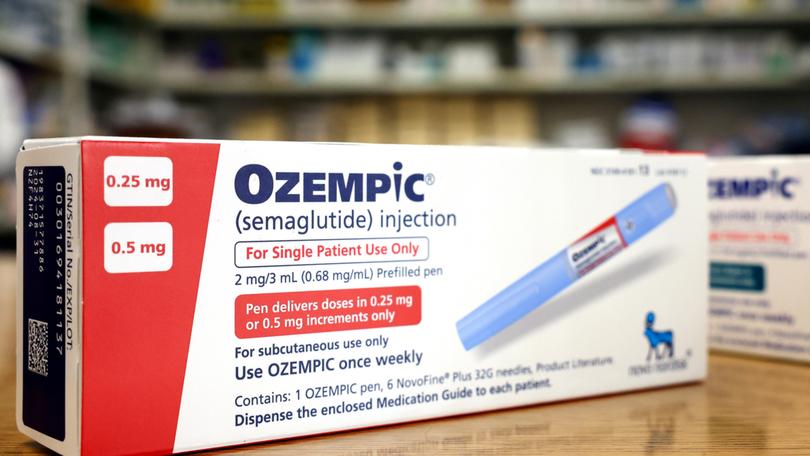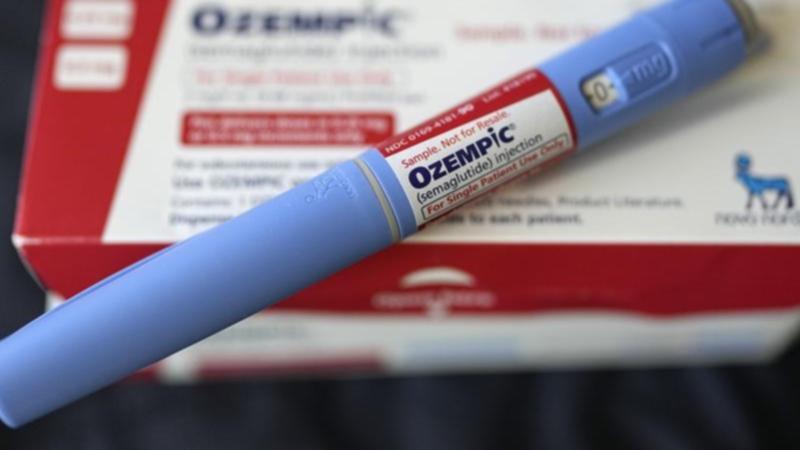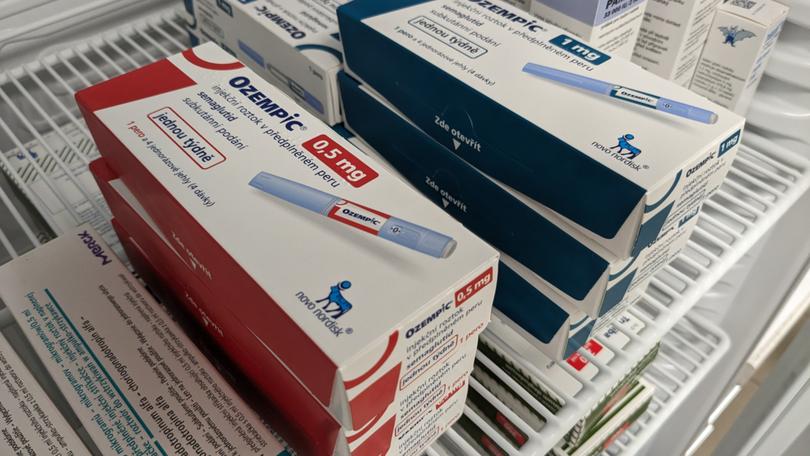Weight loss jabs like Ozempic and Wegovy drastically cut risk of bowel, breast cancer, study suggests
Using weight loss jabs can cut the risk of bowel cancer in half and obesity-related cancers by a fifth, a major study suggests.

Weight loss jabs could start a “revolution” in cancer care — slashing cases and deaths, world-leading experts suggest.
The likes of Ozempic and Wegovy can cut the risk of obesity-related cancers by a fifth and bowel cancer by half, according to breakthrough research.
Trial results presented at the world’s largest cancer conference found breast cancer patients who took the class of drugs were a third less likely to be dead five years later.
Sign up to The Nightly's newsletters.
Get the first look at the digital newspaper, curated daily stories and breaking headlines delivered to your inbox.
By continuing you agree to our Terms and Privacy Policy.Doctors say it will be the “icing on the cake” if the medicines, which have been shown to cut heart attack and strokes, had a comparable effect on cancer.
Significantly, they believe there are “multiple ways” they help lessen the risks of cancer, in addition to the weight loss they are famed for.

The GLP-1 agonist drugs, a new class of medications which include Ozempic and Wegovy, featured in several pieces of research presented at the world’s largest cancer conference.
Scientists at Case Western Reserve University (CWRU) in the US studied data from more than 34,000 obese patients and found the drugs could “delay or prevent” cancer.
Researchers looked at the 13 different types of cancer with proven links to obesity, including breast, bowel and liver cancer.
They found rates of obesity-related cancer were 19 per cent lower for those who took the drugs for at least a year compared to those who didn’t.
When other health benefits were factored in, these patients were half as likely to die during the 15-year period, the research found.
Co-authors Dr Cindy Lin and Dr Benjamin Liu said: “To our knowledge, this is the first study of its kind to investigate the comparative risk of obesity-related cancers with GLP-1 RAs versus bariatric surgery.
“Our findings are significant in that they could change the paradigm of obesity management by suggesting early intervention with GLP-1 RAs could delay or prevent obesity-related cancer development.”
The results were comparable to those who lost more weight through surgery, suggesting the effects could be the result of other factors at play, such as reduced inflammation.
Speaking in Chicago, Dr Mitchell Lazar, director of the Institute for Diabetes, Obesity and Metabolism at Penn Medicine, said: “Obesity is a risk factor for nearly all cancers, in both men and women.
“Thus, the revolution in the medical treatment of obesity has enormous potential to prevent new cancers, reduce the severity and growth rate of existing tumours, and synergise with new cancer-specific therapies.”
Another study by Harvard University presented at the conference looked at 1,448 women with breast cancer and type 2 diabetes, with half taking these drugs.
All were being treated hormone therapies to control their disease which can cause weight gain, with half given GLP-1s as well.
It was found to cut deaths by a third (33 per cent) five years later whole heart attacks and strokes were also cut by 41 per cent.
It comes after CWRU scientists found the drugs cut the risk of bowel cancer by up to half in patients with type 2 diabetes.
Researchers looked at more than 1.2 million patients starting diabetes treatment and found those who were overweight or obese and used the GLP-1 injections, which were initially licensed to treat diabetes, were 50 per cent less likely to develop bowel cancer than patients on insulin.

While losing weight is known to help cut the risk, the scientists also observed a 44 per cent reduction across all diabetes patients using the jabs regardless of weight.
Julie Gralow, chief medic at the American Society of Clinical Oncology (ASCO), said research was still in its infancy but that it was showing potential for future.
She said: “I do think that there are so many potential and already proven health benefits to these drugs, that it would be icing on the cake if we saw that they also were reducing cancers.
“So for the right population, I am very hopeful about overall improvement in health from this class of drugs.”
Cancer Research UK’s chief clinician, Professor Charles Swanton, said: “While GLP1 RAs are effective drugs to manage weight loss, it’s still early days in our understanding of the drugs and whether they can reduce people’s risk of cancer.
He added: “Well-designed prospective trials with randomised data will provide more clarity on the potential and safety of weight loss drugs to lower people’s risk of cancer.”
This article first appeared at The Daily Mail.
